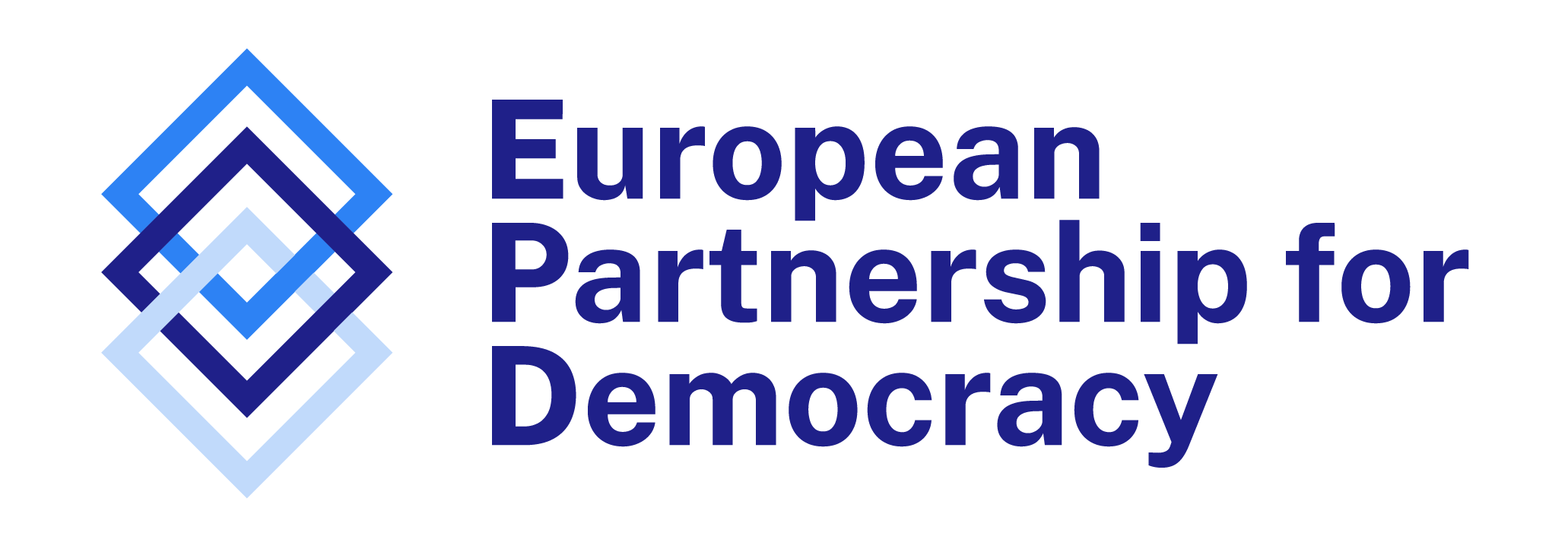
Projects — Democracy, Conflict, and Governance
European Democracy Hub
About the Project
The European Democracy Hub was launched in 2021 as a joint initiative of Carnegie Europe and the European Partnership for Democracy. To continue to follow the project’s outputs, please visit: https://europeandemocracyhub.epd.eu.
Programs
Democracy, Conflict, and Governance
The Democracy, Conflict, and Governance Program is a leading source of independent policy research, writing, and outreach on global democracy, conflict, and governance. It analyzes and seeks to improve international efforts to reduce democratic backsliding, mitigate conflict and violence, overcome political polarization, promote gender equality, and advance pro-democratic uses of new technologies.
This project is in collaboration with the European Partnership for Democracy.
